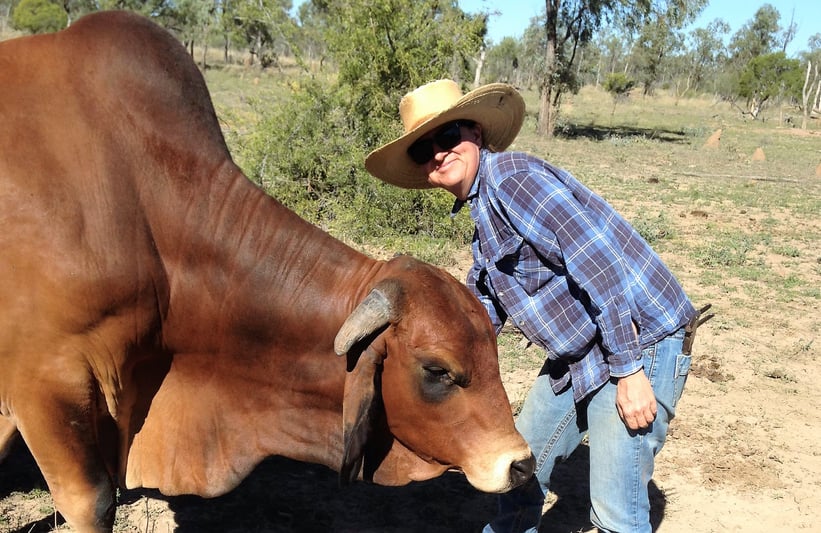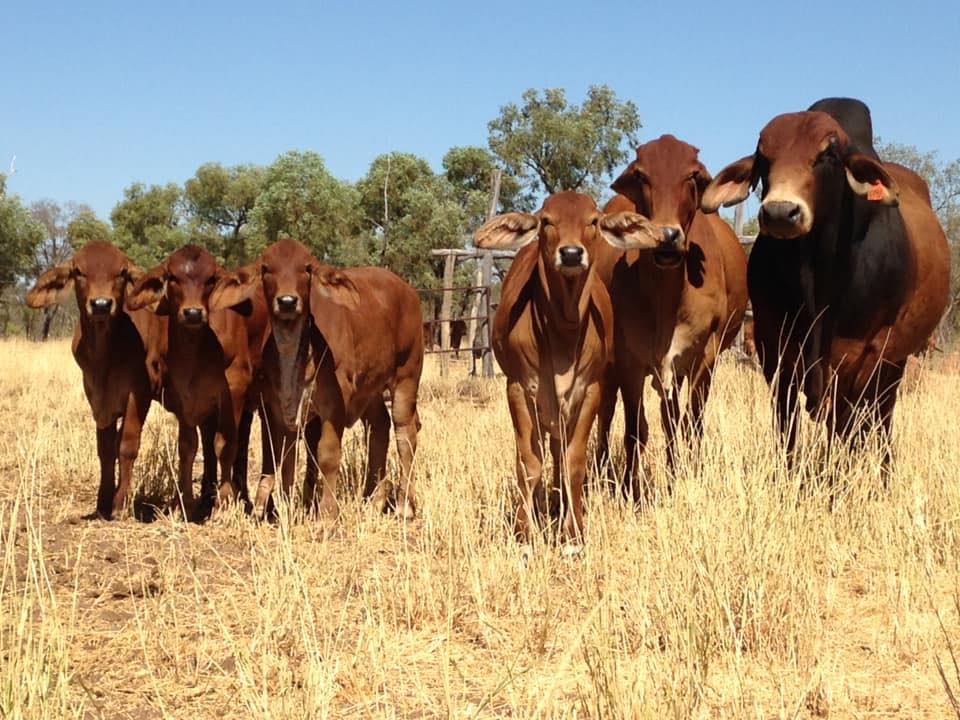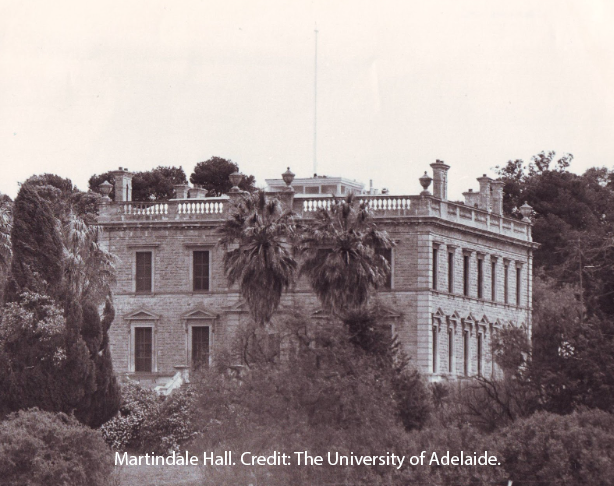 When she was five years old Nina House’s parents scraped together every penny they had and bought the second worst block in the district. That was 38 years ago and the House family is now the second longest owners of Fortuna in the Desert Uplands Bioregion of Western Queensland.
When she was five years old Nina House’s parents scraped together every penny they had and bought the second worst block in the district. That was 38 years ago and the House family is now the second longest owners of Fortuna in the Desert Uplands Bioregion of Western Queensland.
It’s a tough environment with it’s low-phosphorus soils, spinifex and open eucalyptus but one Nina is very familiar with. Her father Ashley worked away from the property for the first 20 years after purchasing Fortuna and Nina worked alongside her mother Margaret in the family’s breeding enterprise. Nina was given one cow a year until Ashley started joking that all he could see were cows with her red ear tags.
After moving away for boarding school and a degree at the University of Queensland where she gained her Bachelor of Agribusiness, Nina returned to the family property. Six years ago she bought the family Brahman stud, Birrahlee. Her grandfather George Robertson started the stud in 1958, before her aunt Sue took over upon his retirement. Today, Nina’s proudly continuing the tradition of breeding quiet, functional red Brahman cattle.
Over the years the family’s land management has evolved but the harsh climate still remains a challenge. Rainfall is never predictable and in the past six years summer temperatures have been extreme, with highs of 40 and beyond lasting for longer periods. Planning calving and branding rounds is difficult with the ever changing climate but the family has adapted to the conditions with a range of strategies.
“We have learnt to be very flexible and adjust accordingly whether it is when we brand, wean or start extra supplementation,” Nina said.
“We wean early and feed the lighter weaners as it is more cost effective to feed a smaller animal than a larger one.”
Loose lick is fed all year round, along with phosphorus in the wet to counteract the country’s deficiency. Protein, primarily urea, is given in the drier times. Cattle are also rotated using the 4-Paddock rotation method which allows the family to spell country over the wet so grasses can recover and produce seed.
Through her role as chair of the Western Queensland Regional Beef Research Committee, Nina is involved in a reference group for the Bureau of Meteorology (BOM) Forewarned is Forearmed project, overseen by MLA. The group reviews the tools that BOM develops and delivers feedback on their ease or difficulty to understand and their usefulness to producers. Knowing the weather conditions three months out would have major benefits for producers, Nina says.
“It would make planning much easier and enable us to react in a more timely manner,” she said.
“We would purchase feed in advance for when we need to wean earlier. This would have a positive effect on our animals and the environment which would lead to an improvement on our overall production, business and environment.”
When the BOM technology is up and running publicly, it’ll join some of the many technologies Nina has invested in to deal with the variable climate. A weighing system that tracks individual animals and their performance means early weaning gives breeders a chance to recover before their next calf is born. By identifying different weight categories of weaners, it also means lighter animals can get more assistance.
The family uses a mapping program to help plan any capital developments, particularly water points and fences. Not only does it mean they can reduce the distance stock has to walk to water, and therefore their energy needs, but it also helps them manage the natural environment and protect sensitive areas.
In recent times they’ve subscribed to the LongPaddock Forage Reports. The QLD Government initiative gives monthly snapshots of ground cover and pasture growth trends which helps them validate what they’re seeing on the ground.
In the constantly changing environment Nina says continually learning, asking questions and improving on old techniques has been crucial. The family business has just survived eight years of drought and come through in good shape financially, environmentally and production-wise. With a lifelong love for the family business, the harsh but beautiful country and her dad’s wise words guiding her, Nina’s looking forward to many good seasons ahead at Fortuna.
“Dad has taught me that if you look after your land, then it will look after you,” Nina said.
 Results
Results
